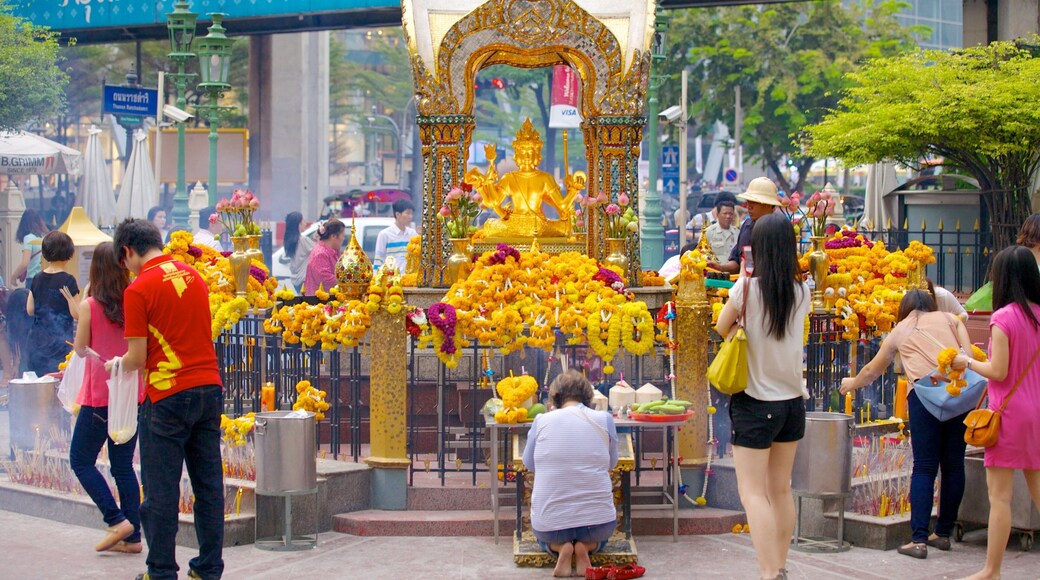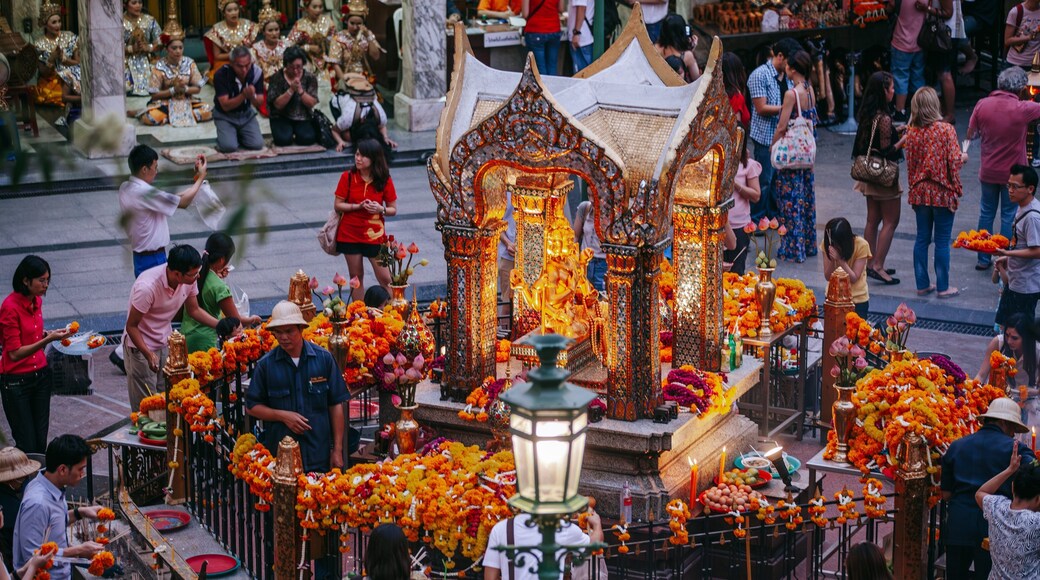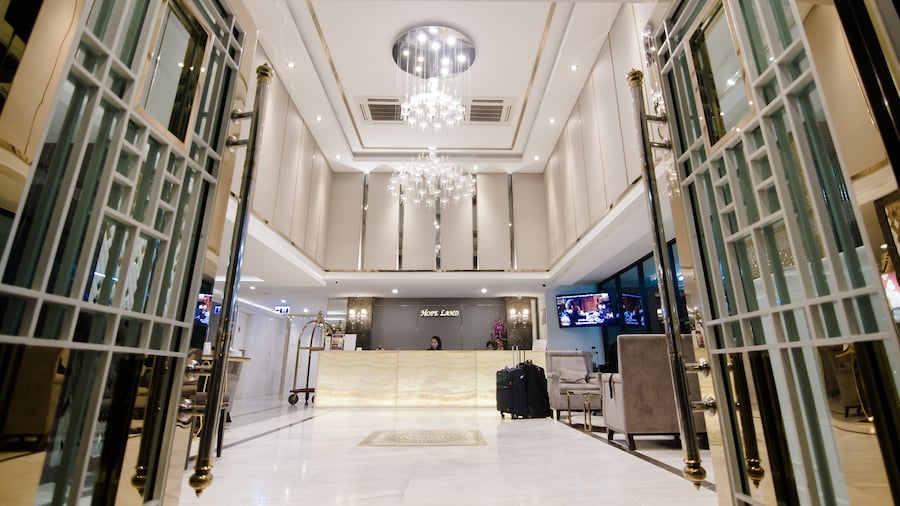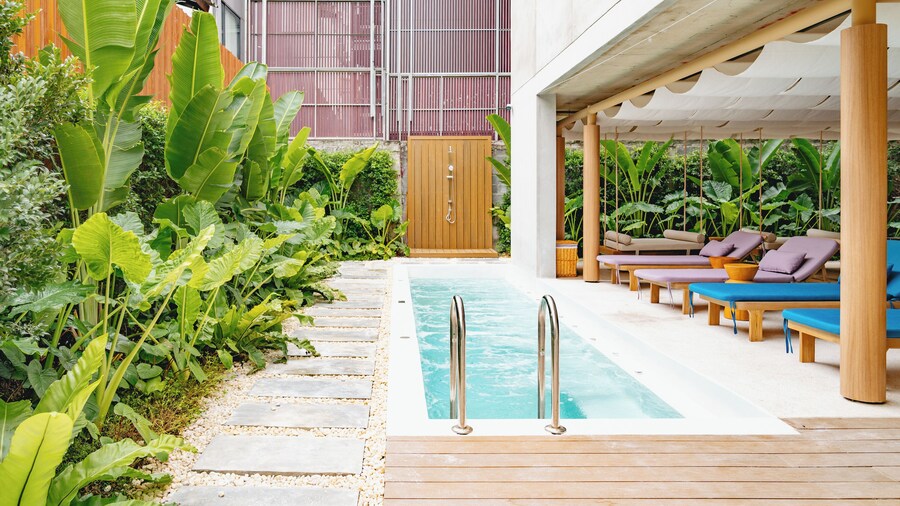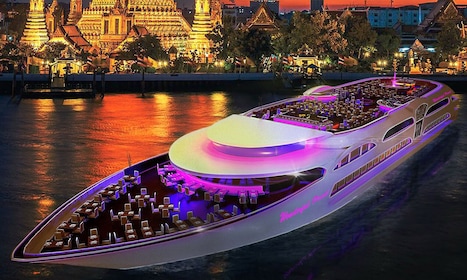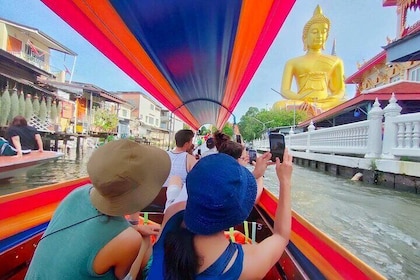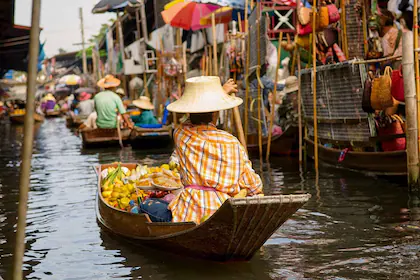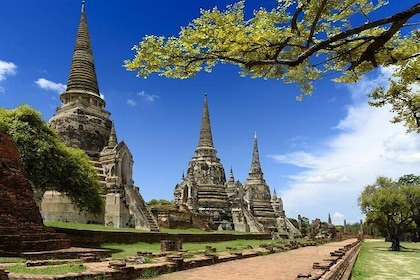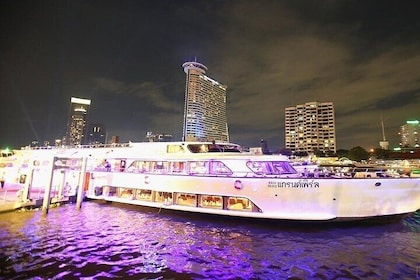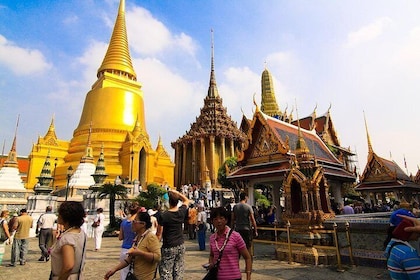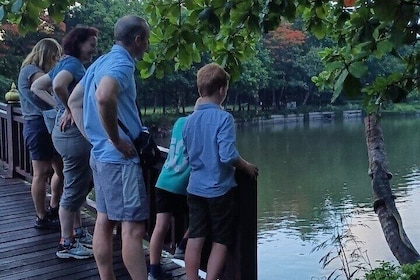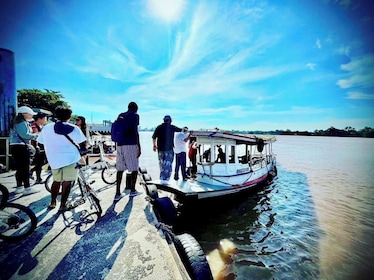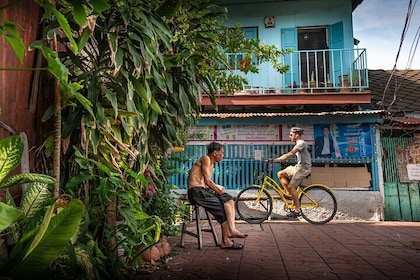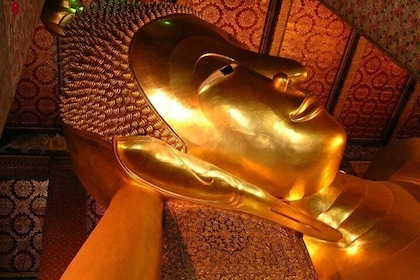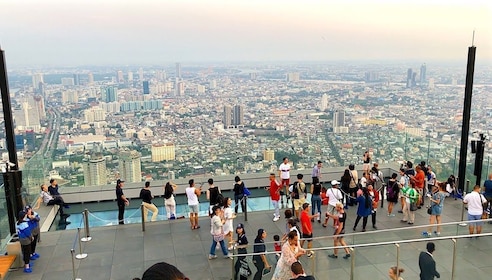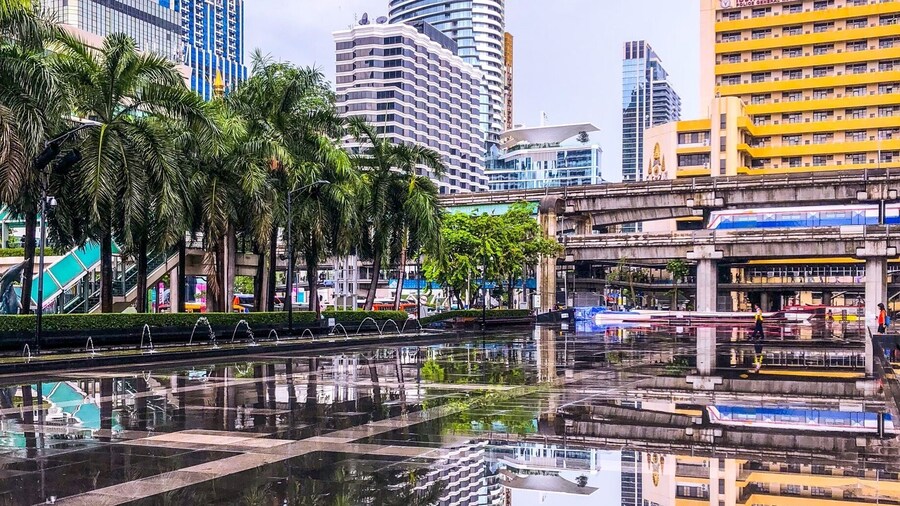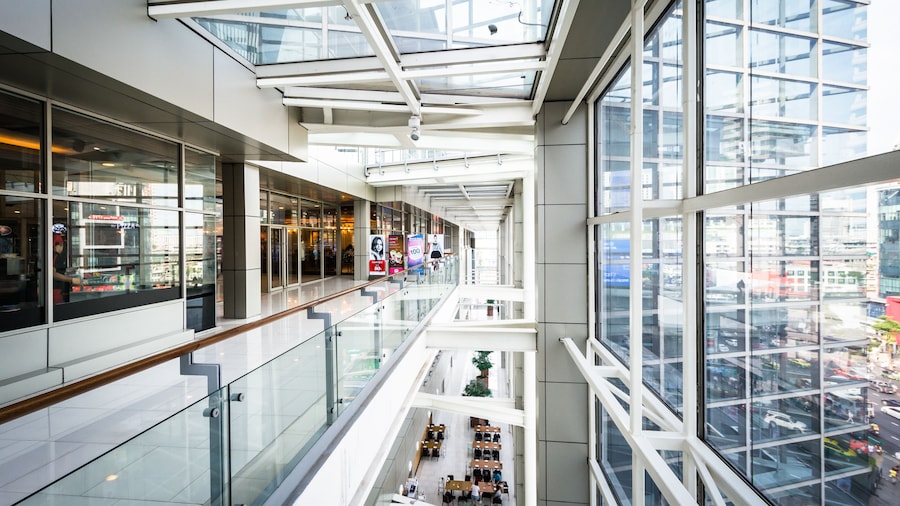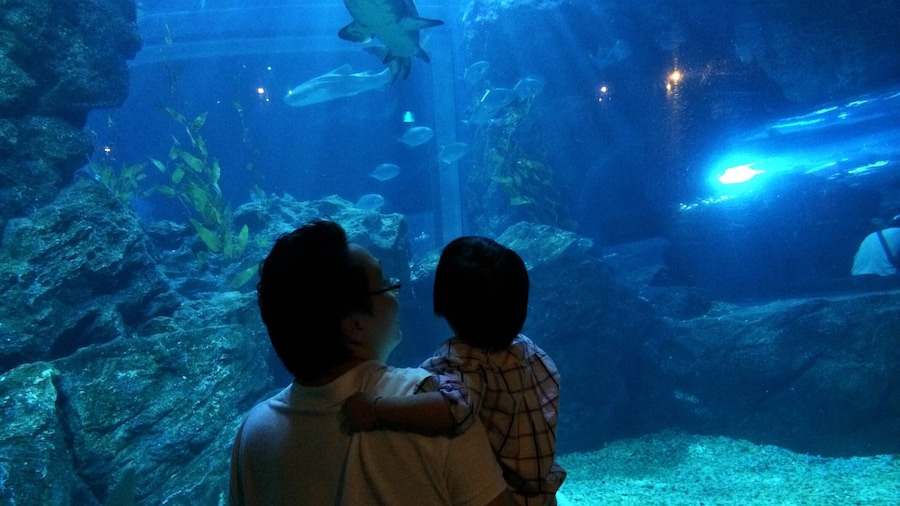A Hindu deity in a Buddhist city, this statue-shrine is full of controversy and contradiction. Crowds flock here hoping Brahma's good fortune will smile upon them.
If you want to get close to the contradictions at the heart of modern-day Bangkok, come to the Erawan Shrine, holding sway over a busy intersection in the non-descript Pathum Wan district. A shimmering gold shrine, housing a Hindu god in a devoutly Buddhist country, a few minutes spent here will tell you more about Thailand's past, present and future than an hour of well-meant study at the city's more noteworthy attractions.
That's if you can fight your way through the crowds. Bangkok's masses are likely to have beaten you to it first, eager to lay their gifts of flowers, candles, incense and replica statues. They are looking to win favour and good fortune from the smiling four-face golden statue of Brahma. 'Than Tao Mahaprom' is what they call him. But there's no getting away from the fact that this is a Hindu deity, venerated by Buddhists for whom – according to the Buddha's teachings – gods don't exist.
This supremely sacred site – so sacred that the crowds beat to death a person who intended to vandalise the site in 2006 – is anything but ancient. In fact, it was only erected here in 1956. The reason? To stop a series of unfortunate events plaguing the construction of the Erawan hotel. Hardly grounds for holy ground you might think. But the point is that the shrine did the trick. The hotel was built, prospered mightily and pilgrim numbers swelled. The Thais, it seems, love a good-luck story.
It also shows how religion in this often modern-looking city is anything but skin-deep. Beliefs run deep, still vibrantly connected to the 2,500 year old Buddha who came from India, once worshipped Hindu gods and preached the sanctity of all life. So come and watch the traditional dancers, pay to release the caged birds, or buy good fortune with some flowers. But remember that, in this most incongruous of spots, you're not watching a tourist show. You're observing how the Thais carry on their spiritual story-telling in a world of shopping malls and Burberry stores.
